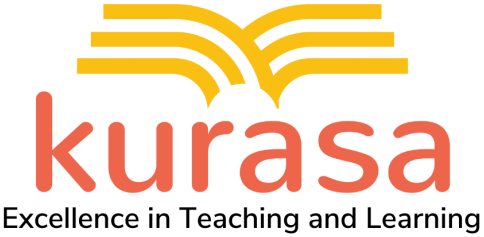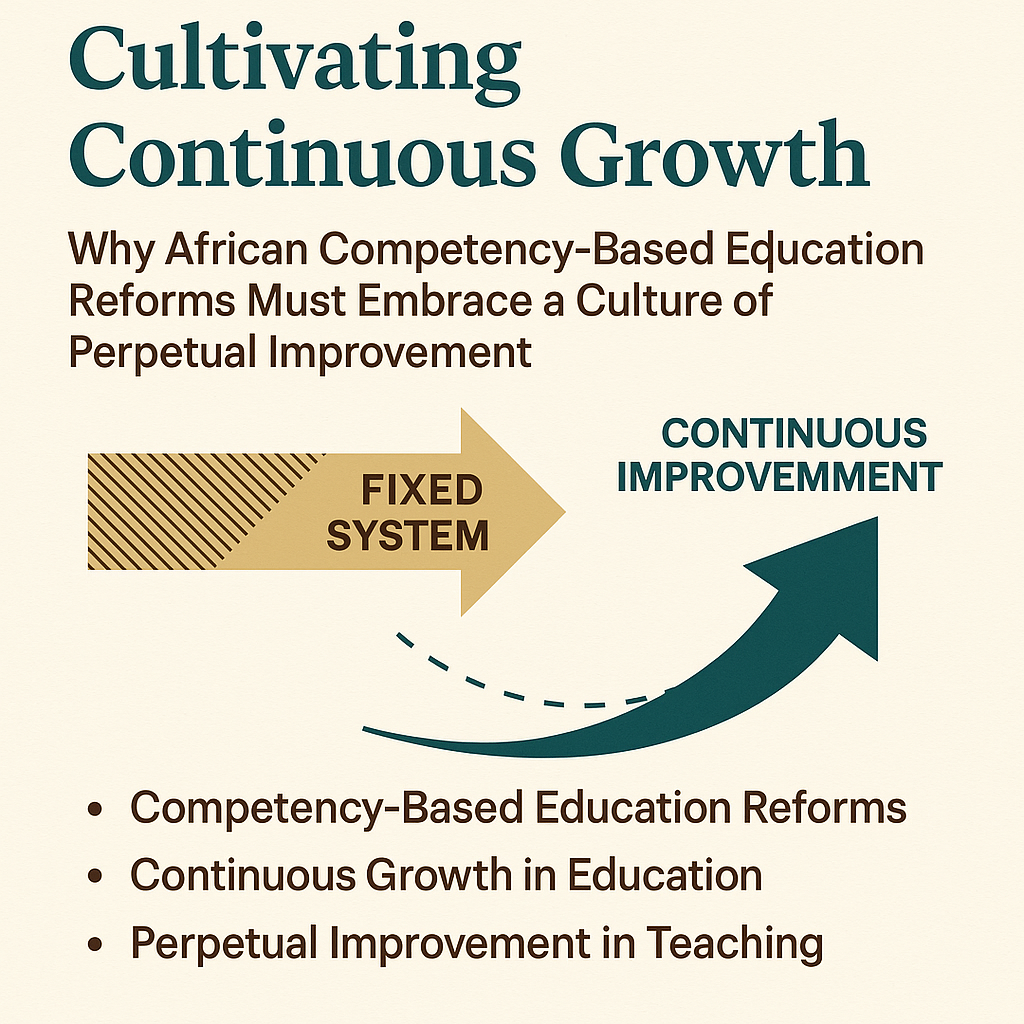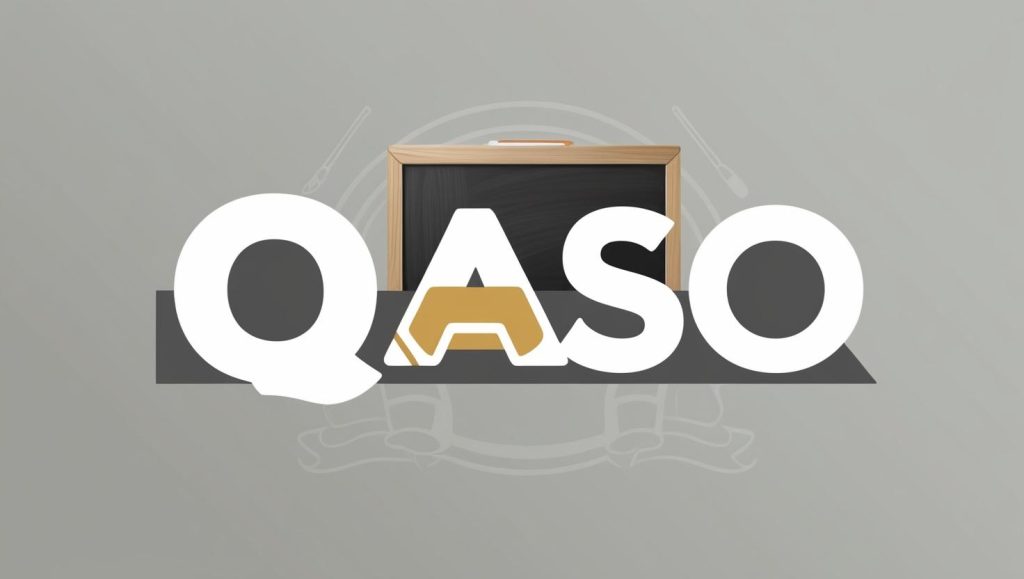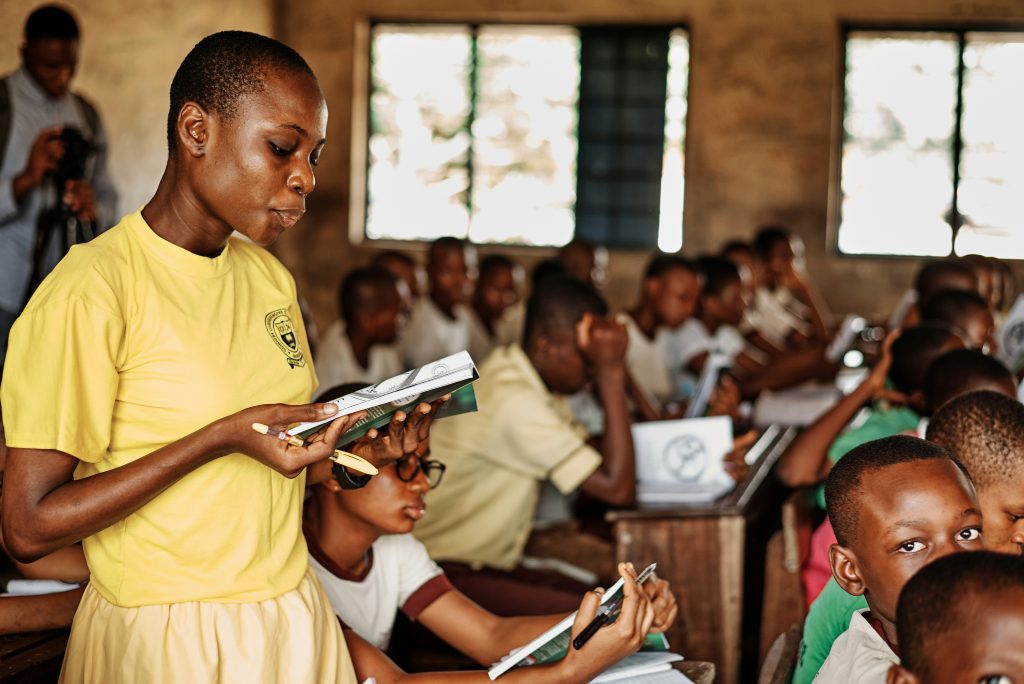
In the evolving landscape of education, the transition from traditional learning models to Competency-Based Curriculum (CBC) represents a revolutionary shift, particularly in its potential to enhance career readiness among students. This blog delves into the intricate relationship between CBC and career readiness, illuminating the profound impact of this educational model through the narrative of a transformative journey in a Kenyan classroom.
Understanding CBC and Its Philosophical Underpinnings
At its core, the Competency-Based Curriculum is designed around the mastery of specific skills and competencies, rather than the passive consumption of content. This model emphasizes practical application, critical thinking, and adaptive learning strategies, all of which are crucial for success in the modern workforce. Unlike traditional education systems, which often prioritize memorization and standardized testing, CBC seeks to cultivate a holistic skill set that prepares students for the real-world challenges they will face in their careers.
The Bridge to Career Readiness

Career readiness transcends the mere acquisition of academic credentials. It encompasses the ability to navigate complex problem-solving scenarios, communicate effectively, collaborate with others, and adapt to the ever-changing demands of the job market. Herein lies the strength of CBC: its direct alignment with the competencies required for career success. By fostering an environment where practical skills are honed through hands-on learning experiences, CBC equips students with a robust toolkit that is directly applicable to their future professional endeavors.
A Story of Transformation: The Journey of Amani
To illustrate the impact of CBC on career readiness, consider the story of Amani, a student in a high-end primary school in Kenya. Amani’s educational journey was transformed by her school’s adoption of the Competency-Based Curriculum, a change facilitated by an innovative tool called Kurasa, which enabled teachers to better implement CBC principles in the classroom.
Before the transition to CBC, Amani struggled to see the relevance of her studies to her future aspirations. However, as her school began to integrate real-world projects, collaborative tasks, and reflective assessments into the curriculum, her perspective shifted dramatically. For instance, a project on sustainable agriculture not only taught her about environmental science but also equipped her with skills in research, teamwork, and project management—competencies highly valued in the job market.
Through Kurasa, Amani’s teachers were able to post formative and summative assessments that mirrored real-life challenges, mark attendance, and track the performance of students and classrooms in real-time. This approach allowed for a personalized learning experience, enabling Amani to progress at her own pace and focus on areas where she needed improvement.
As Amani advanced through her education, the blend of academic knowledge and practical skills fostered by CBC became increasingly evident. By the time she was ready to make career choices, she possessed a clear understanding of her strengths and interests, as well as the confidence to pursue her ambitions. Amani’s story culminates in her successful transition into a competitive internship program, a testament to the career readiness instilled by her CBC-based education.
Implications and Future Directions
Amani’s narrative is but one example of how CBC can bridge the gap between education and career readiness. As schools, particularly in Kenya, continue to adopt and refine this curriculum model, it is crucial to leverage tools like Kurasa to maximize the potential of CBC. By doing so, educators can provide students with a learning experience that not only prepares them for academic success but also equips them with the skills needed to thrive in their careers.
The relationship between CBC and career readiness is symbiotic and pivotal for the development of a workforce that is adaptable, skilled, and prepared for the challenges of the 21st century. As we move forward, it is essential to continue evaluating and evolving our educational practices to ensure that students are not just educated but truly prepared for the future that awaits them.
In the end, the transformation seen in Amani and her classmates is a beacon of hope, illustrating the profound impact that a competency-based approach to education can have on career readiness. It is a story of empowerment, resilience, and the endless possibilities that arise when education meets real-world application.
The nexus between Competency-Based Cirriculum CBC and Career readiness

In the evolving landscape of education, the transition from traditional learning models to Competency-Based Curriculum (CBC) represents a revolutionary shift, particularly in its potential to enhance career readiness among students. This blog delves into the intricate relationship between CBC and career readiness, illuminating the profound impact of this educational model through the narrative of a transformative journey in a Kenyan classroom.
Understanding CBC and Its Philosophical Underpinnings
At its core, the Competency-Based Curriculum is designed around the mastery of specific skills and competencies, rather than the passive consumption of content. This model emphasizes practical application, critical thinking, and adaptive learning strategies, all of which are crucial for success in the modern workforce. Unlike traditional education systems, which often prioritize memorization and standardized testing, CBC seeks to cultivate a holistic skill set that prepares students for the real-world challenges they will face in their careers.
The Bridge to Career Readiness

Career readiness transcends the mere acquisition of academic credentials. It encompasses the ability to navigate complex problem-solving scenarios, communicate effectively, collaborate with others, and adapt to the ever-changing demands of the job market. Herein lies the strength of CBC: its direct alignment with the competencies required for career success.By fostering an environment where practical skills are honed through hands-on learning experiences, CBC equips students with a robust toolkit that is directly applicable to their future professional endeavors.
A Story of Transformation: The Journey of Amani
To illustrate the impact of CBC on career readiness, consider the story of Amani, a student in a high-end primary school in Kenya. Amani’s educational journey was transformed by her school’s adoption of the Competency-Based Curriculum, a change facilitated by an innovative tool called Kurasa, which enabled teachers to better implement CBC principles in the classroom.
Before the transition to CBC, Amani struggled to see the relevance of her studies to her future aspirations. However, as her school began to integrate real-world projects, collaborative tasks, and reflective assessments into the curriculum, her perspective shifted dramatically. For instance, a project on sustainable agriculture not only taught her about environmental science but also equipped her with skills in research, teamwork, and project management—competencies highly valued in the job market.
Through Kurasa, Amani’s teachers were able to post formative and summative assessments that mirrored real-life challenges, mark attendance, and track the performance of students and classrooms in real-time. This approach allowed for a personalized learning experience, enabling Amani to progress at her own pace and focus on areas where she needed improvement.
As Amani advanced through her education, the blend of academic knowledge and practical skills fostered by CBC became increasingly evident. By the time she was ready to make career choices, she possessed a clear understanding of her strengths and interests, as well as the confidence to pursue her ambitions. Amani’s story culminates in her successful transition into a competitive internship program, a testament to the career readiness instilled by her CBC-based education.
By fostering an environment where practical skills are honed through hands-on learning experiences, CBC equips students with a robust toolkit that is directly applicable to their future professional endeavors.
Implications and Future Directions
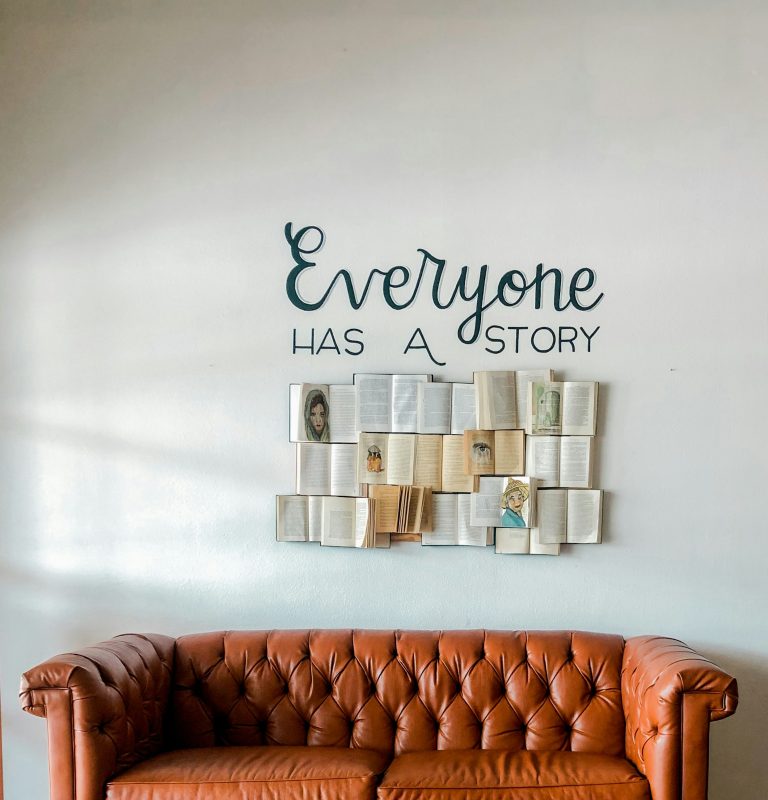
Amani’s narrative is but one example of how CBC can bridge the gap between education and career readiness. As schools, particularly in Kenya, continue to adopt and refine this curriculum model, it is crucial to leverage tools like Kurasa to maximize the potential of CBC. By doing so, educators can provide students with a learning experience that not only prepares them for academic success but also equips them with the skills needed to thrive in their careers.
The relationship between CBC and career readiness is symbiotic and pivotal for the development of a workforce that is adaptable, skilled, and prepared for the challenges of the 21st century. As we move forward, it is essential to continue evaluating and evolving our educational practices to ensure that students are not just educated but truly prepared for the future that awaits them.
In the end, the transformation seen in Amani and her classmates is a beacon of hope, illustrating the profound impact that a competency-based approach to education can have on career readiness. It is a story of empowerment, resilience, and the endless possibilities that arise when education meets real-world application.
